Apple supplier makes it possible for larger batteries to be used in 5G iPhones
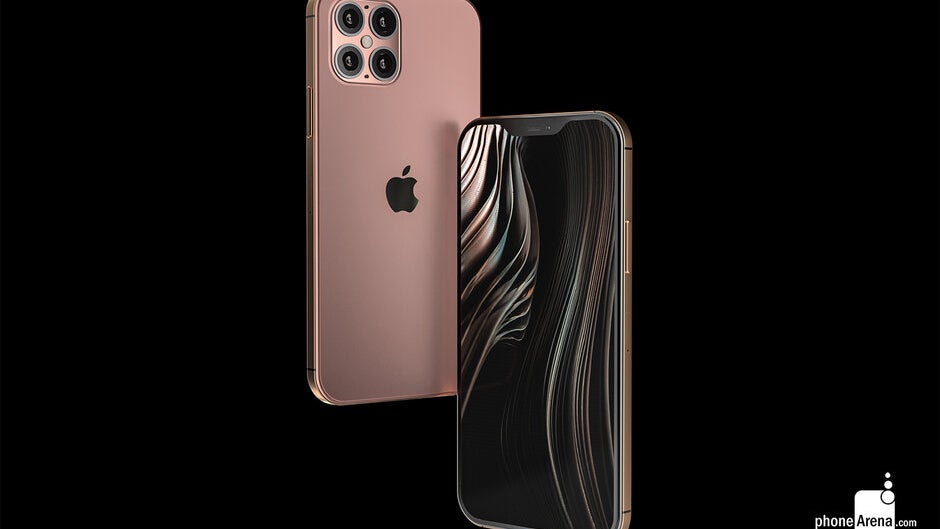
Phone manufacturers have to find room for a large number of components when designing and building a 5G handset. Today, there is some good news on that front as a company that supplies Apple and Huawei has managed to reduce the size of one important part. This could leave enough room to increase the battery capacity or to add more features on a 5G iPhone. Since 5G smartphones consume battery life faster, it is crucial for manufacturers to have the space needed to equip these devices with large capacity batteries.
The company that came out and said, "Honey, I shrunk the 5G iPhone component," is named Murata Manufacturing and the Nikkei Asian Review reports that the part involved is called the multilayer ceramic capacitor. With a smaller design, the capacitors take up only 20% of the space needed for current iterations of the part while still able to store 10 times the electrical capacity. Improved performance with a smaller footprint; this is something that all smartphone suppliers want to achieve with their parts. With a 40% global market share, Murata is the top supplier of these capacitors on the planet. The smaller version of the capacitor measures 0.25mm by 0.125mm.
Murata's smaller capacitors could leave more room for a larger capacity battery on a 5G iPhone
The report notes that Murata was able to shrink the component by improving the ceramic powder used on the part. This enabled the company to increase the capacity of the capacitor without having it take up more room on a circuit board. The part helps control the flow of electricity in a circuit by storing and releasing it. Producing capacitors is a big business and Murata took in $5.27 billion in capacitor sales last year; that made up 40% of the company's total gross.
Production of the smaller capacitors could start this spring. Apple is expected to release anywhere from one to four 5G enabled iPhone models next year depending on who you are talking to. Just the other day, analysts at JP Morgan said that they expect four 5G iPhones to hit the market next year including a 5.4-inch iPhone 12 sporting a dual-camera setup on the back similar to what you'll find on this year's iPhone 11. But the majority of Wall Street gurus see the gang at Cupertino releasing a 5.4-inch iPhone 12 Pro, a 6.7-inch iPhone 12 Pro Max and a 6.1-inch iPhone 12. All three models will be equipped with an OLED panel, according to the analysts, and the iPhone 12 Pro units will reportedly sport four sensors on the back. In addition to the Wide, Ultra-Wide and Telephoto cameras found on this year's Pro models, there should be an additional Time of Flight (ToF) sensor. This measures how long it takes for an infrared beam to hit a subject and return to the phone. This data will help produce more accurate depth information for improved AR capabilities and enhanced bokeh blurs on portraits. Since ToF technology creates 3D maps, it also might support a rear Face ID option.
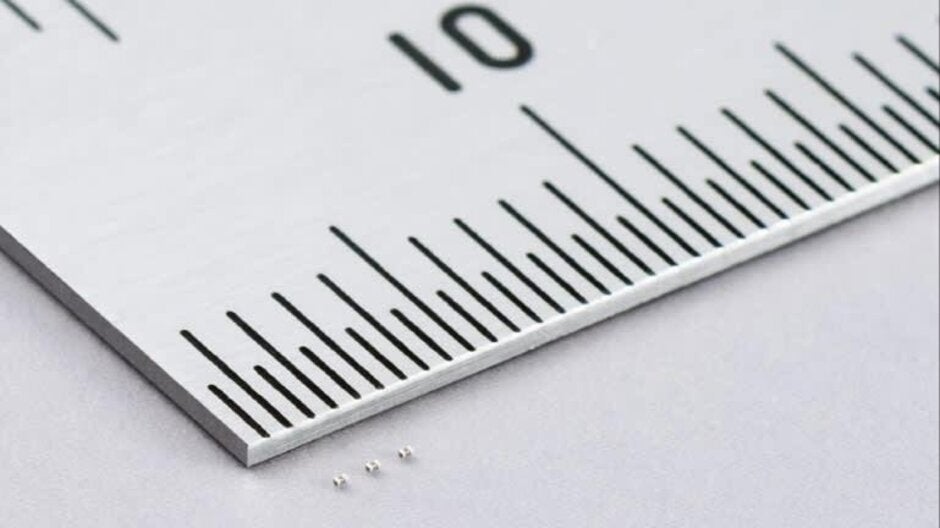
Murata's new capacitors are just one-fifth the size of its current offering
5G, the next connectivity of wireless, will deliver download data speeds 10 times faster than 4G LTE. This will be a boon to the global economy as new businesses and industries are created around the faster wireless speeds. The first nationwide 5G network in the U.S. will launch in two days when T-Mobile starts selling the Samsung Galaxy Note 10+ 5G and the OnePlus 7T Pro 5G; both models contain the Snapdragon X55 modem chip that is compatible with the carrier's low-band 600MHz 5G signal.
Apple made the decision, the right one in hindsight, not to bother releasing a 5G handset until more consumers worldwide have access to the faster speeds. It is the same strategy it employed during the transition from 3G to 4G LTE. Qualcomm President Cristiano Amon said this week during the chipmaker's annual tech summit that "Priority number one of this relationship with Apple is how to launch their phone as fast as we can. That's the priority."
Follow us on Google News







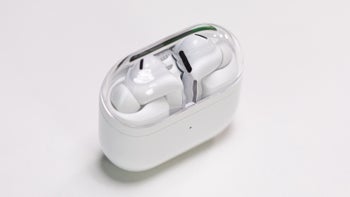
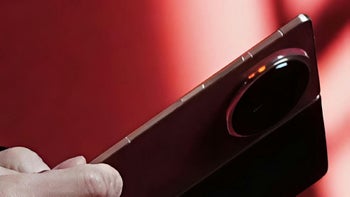
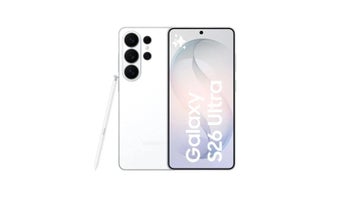
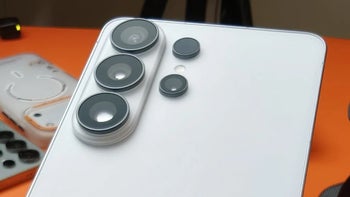
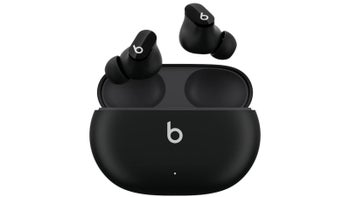
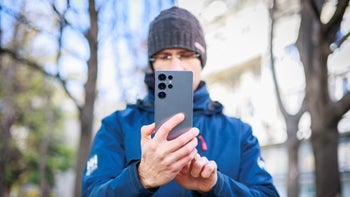
Things that are NOT allowed:
To help keep our community safe and free from spam, we apply temporary limits to newly created accounts: